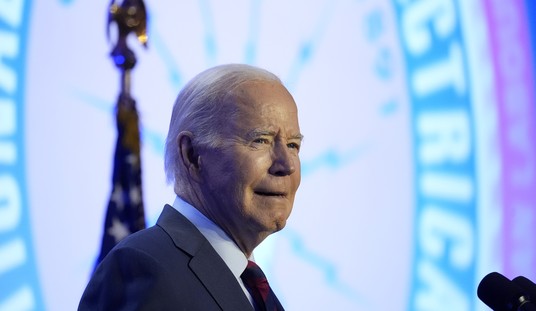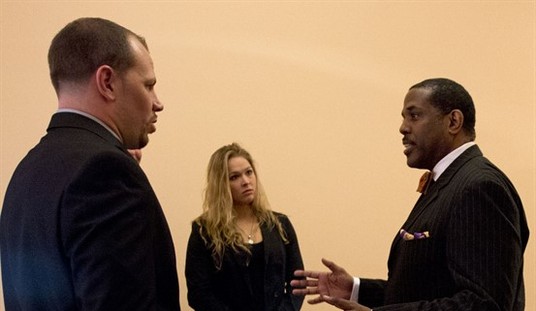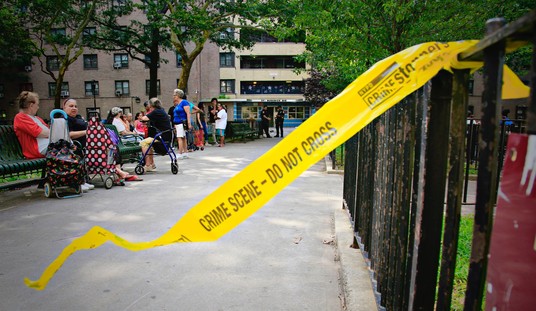John Fund asks the 64 trillion dollar question: “Who’s in charge of our political system — voters or unions?”
Why are national liberal groups treating Wisconsin as if it were their last stand? Partly for reasons of symbolism. Historically, Wisconsin “embraced the organized labor movement more heartily than any other [state],” notes liberal activist Abe Sauer.
The Badger State became the first to pass a worker-compensation program in 1911, as well as the first to create unemployment compensation in 1932. The American Federation of State, County and Municipal Employees—the chief national union representing non-federal public employees—was founded in Madison in 1936. And in 1959, Wisconsin became the first state to grant public employees collective-bargaining rights, which influenced President John F. Kennedy’s decision to grant federal employees the right to join unions three years later.
Labor historian Fred Siegel offers further reasons why unions are manning the barricades. Mr. Walker would require that public-employee unions be recertified annually by a majority vote of all their members, not merely by a majority of those that choose to cast ballots. In addition, he would end the government’s practice of automatically deducting union dues from employee paychecks. For Wisconsin teachers, union dues total between $700 and $1,000 a year.
“Ending dues deductions breaks the political cycle in which government collects dues, gives them to the unions, who then use the dues to back their favorite candidates and also lobby for bigger government and more pay and benefits,” Mr. Siegel told me. After New York City’s Transport Workers Union lost the right to automatic dues collection in 2007 following an illegal strike, its income fell by more than 35% as many members stopped ponying up. New York City ended the dues collection ban after 18 months.
Myron Lieberman, a former Minnesota public school teacher who became a contract negotiator for the American Federation of Teachers, says that since the 1960s collective bargaining has so “greatly increased the political influence of unions” that they block the sorts of necessary change that other elements of society have had to accept.
Hey, remember change was good and the status quo was bad?
Words, just words.
By the way, instead of comparing their governor with Hitler, why aren’t Wisconsin “progressives” comparing him with another iconic man of the left from the 1930s, who said, “The process of collective bargaining, as usually understood, cannot be transplanted into the public service.”
(Via Yid with Lid.)









Join the conversation as a VIP Member